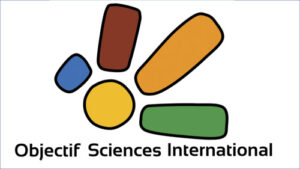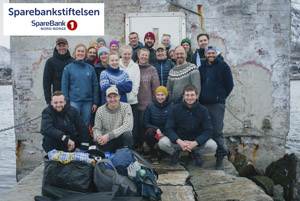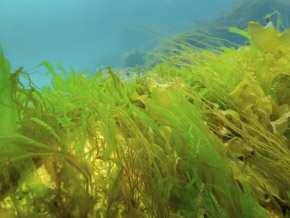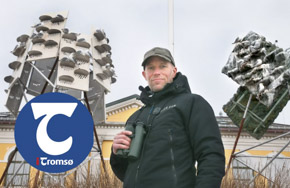January 03, 2024
This new initiative aims to help visitors become protectors of Ånderdalen National Park.
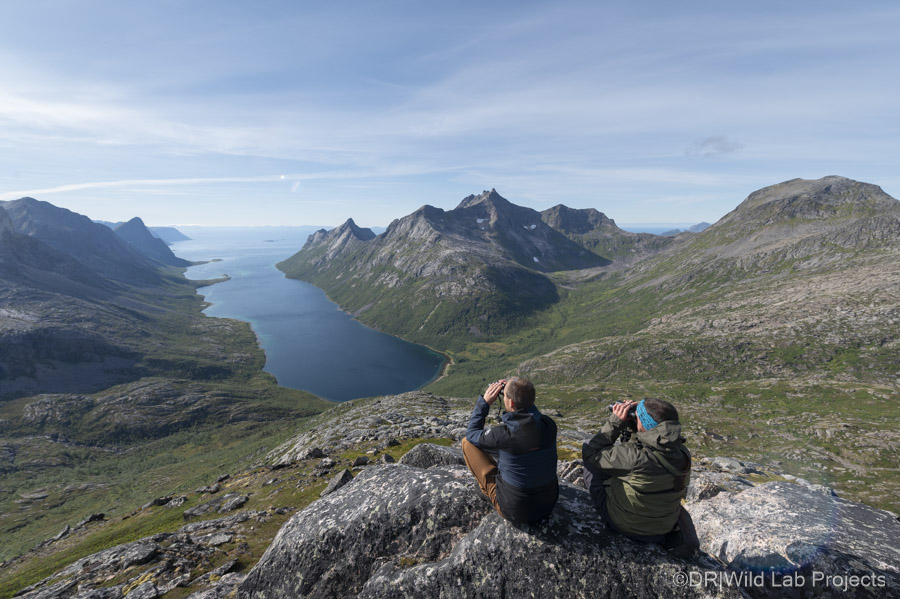
Ånderdalen National Park was founded in 1970 with the primary goal of preserving the breathtaking landscape of Senja, an island between the Lofoten and Tromsø.
Over the past 50 years, the national park has successfully adhered to this mission. There is no infrastructure (no dam, no powerline, no wind mill, no road) allowing nature to evolve freely. As a result, 135km² of untamed fjords, mountains, tundra, forests, rivers, and peat bogs remain untouched.
However, due to its historical focus on landscape protection, there is relatively little knowledge about the national park’s biodiversity. We want to fill this knowledge gap.
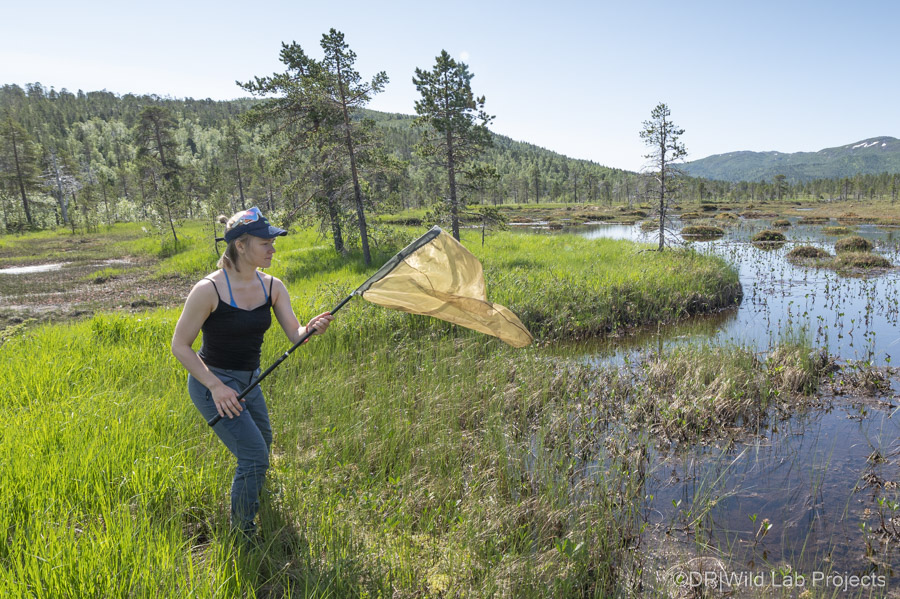
Engaging travelers in citizen science
The goal of this project is to support the conservation efforts of Ånderdalen National Park through public engagement and citizen science.
How? By allowing visitors to participate in naturalist expeditions that will generate precious knowledge for the national park. With the participants, we will focus on bumblebees, dragonflies and birds. We will also run opportunistic surveys on other groups. It is likely that we will find species that are new to the national park, and even to Norway.
Visitors won’t be mere consumers of nature; they will play an active role in protecting what they have come to see.
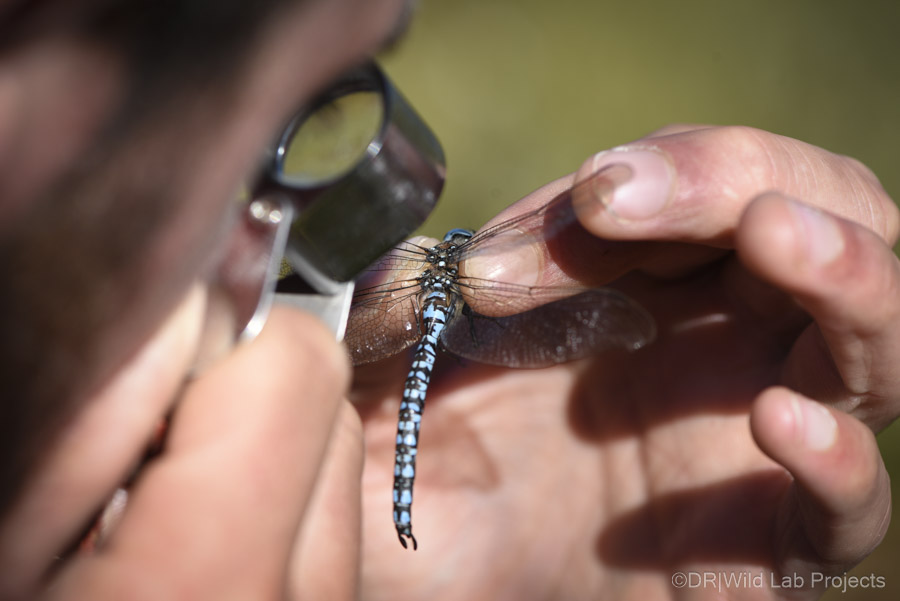
The first naturalist expedition will take place in June 2024, and subsequent expeditions will be conducted in the following years. No expertise is required to participate, this is what citizen science is about: anyone can contribute.
“No one will protect what they don’t care about; and no one will care about what they have never experienced.”
(Sir David Attenborough)
Over time, this citizen science initiative will yield valuable insights into how species adapt to and cope with climate change. It will also enhance the park’s value by offering a deeper understanding of the biodiversity it safeguards.
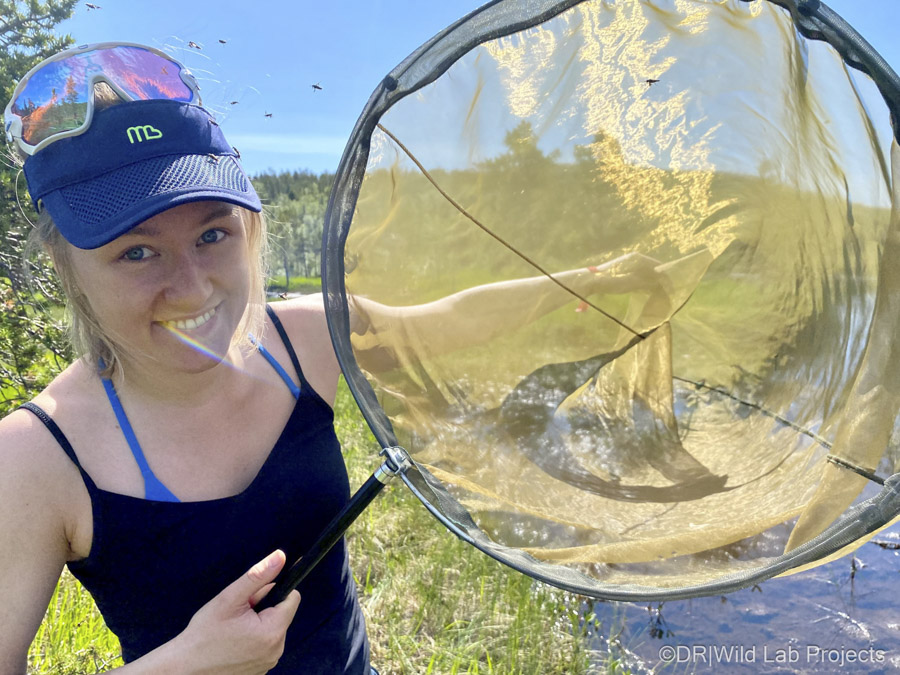
When visitors combat soil erosion
One of the main challenges faced by the national park is habitat destruction caused by traffic along the hiking trails. The tundra is particularly fragile, and when the soil is exposed, erosion sets in. When these degradations start, the process quickly become irreversible.
In areas where hiking trails cross wetlands and peat, they quickly turn into muddy and flooded obstacles. This forces hikers to create parallel paths, resulting in rapid widening of the trails.
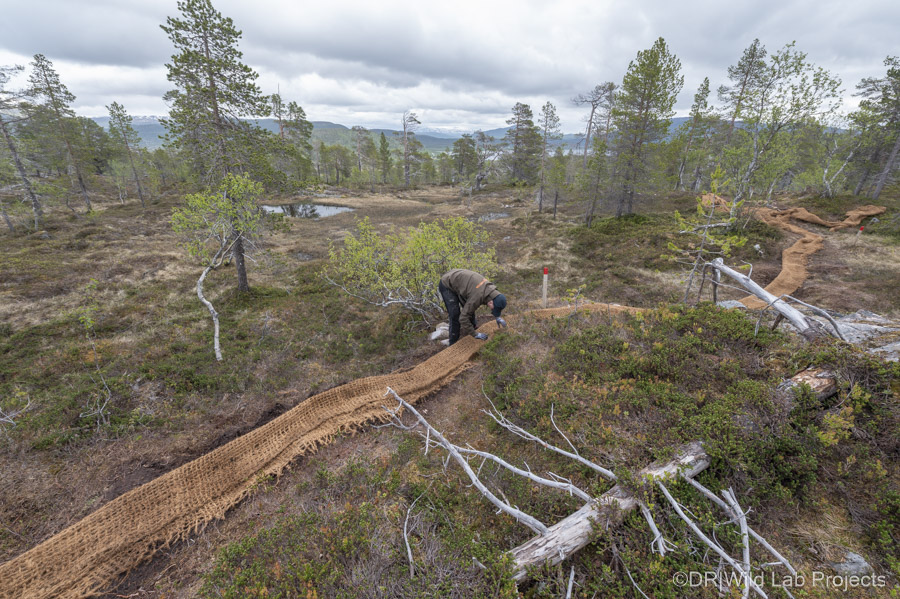
Together with the participants, we will map these degradations. We will record information including the presence of parallel paths, the presence of water or mud, or the types of vegetation. These simple observations will help identify areas that need attention, track changes over time, prioritize future intervention efforts and overall will generate valuable knowledge for the national park management.
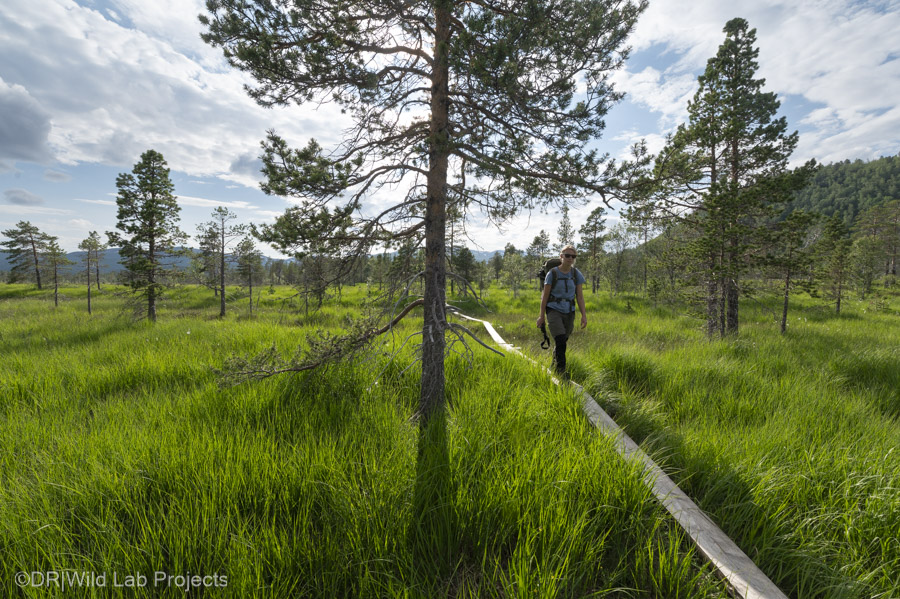
From extractive to regenerative traveling
Tourism is often viewed as a generator of jobs and economic prosperity. But nature-based tourism also generates negative impacts on nature and host communities. After all, nature-based tourism is by definition an extractive industry since it considers nature as a resource – one that is often available for free – and converts it into commercial products, and financial profits.
National parks have a recreational mission and it is of course their role to welcome visitors. We all enjoy these remaining patches of untouched nature. But their other mission is to conserve nature, and mass tourism challenges this mission. Visiting a protected area can lead to disturbances in wildlife, waste disposal issues and soil erosion, among other potential impacts.
With this project, the questions Wild Lab Projects addresses are the following:
Is it possible to visit a national park and support its conservation at the same time?
How can we make nature-based tourism less extractive and more regenerative?
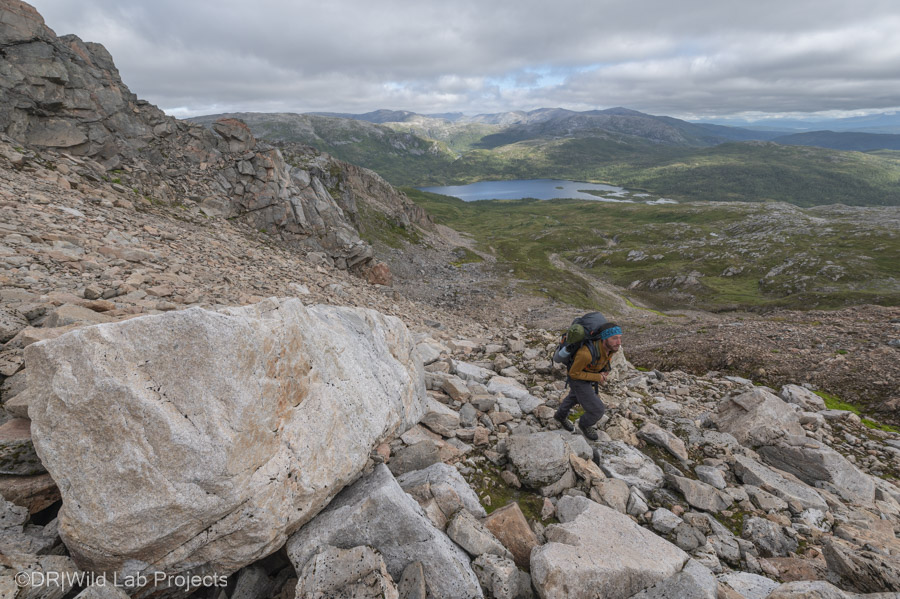
How Senja kommune supports the initiative
A maximum of 10 participants will join the first naturalist expedition in June 2024. The participants will be under the responsibility of two guides with expertise in biology. The group will be self-sufficient, sleeping in tents, in total immersion. Senja Næringsfondet awarded Wild Lab Projects a grant to buy some of the necessary camping and scientific equipment, which will be used again the following years.
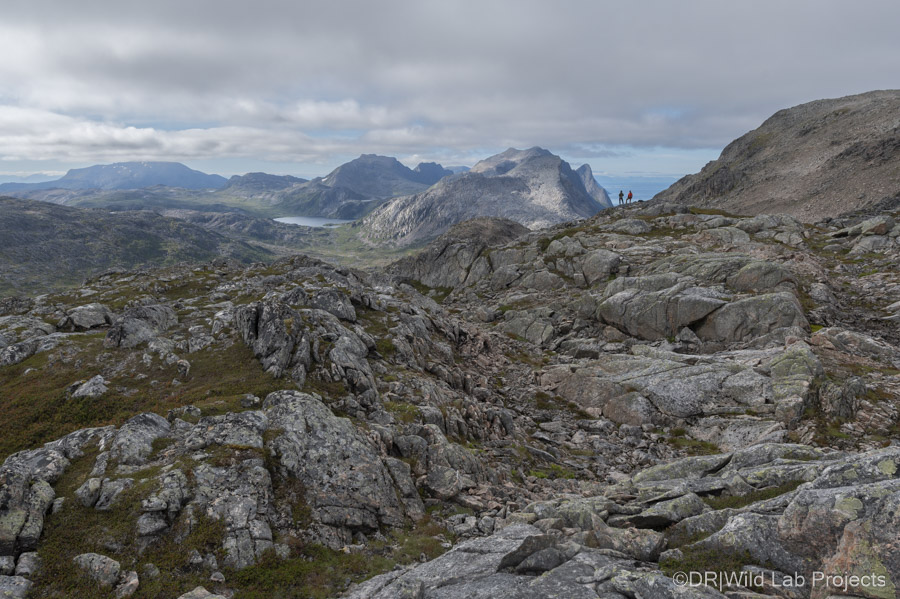
Join this initiative:
For this citizen science project, Wild Lab Projects collaborates with the Swiss-based nonprofit organization Objectif Sciences International. The project is described in detail on their website.
Feel free to contact us anytime with questions: info@wildlabprojects.org.
